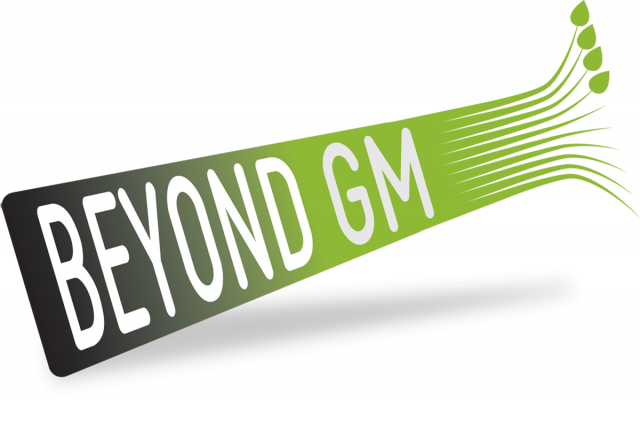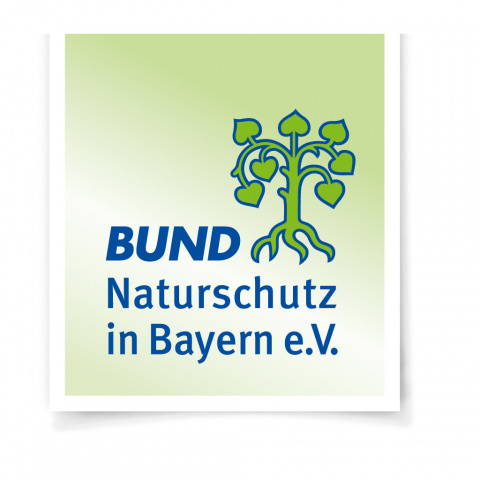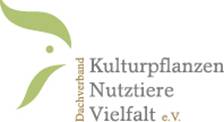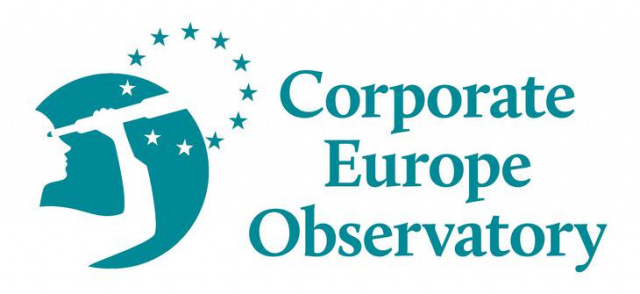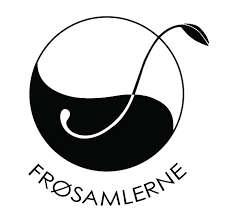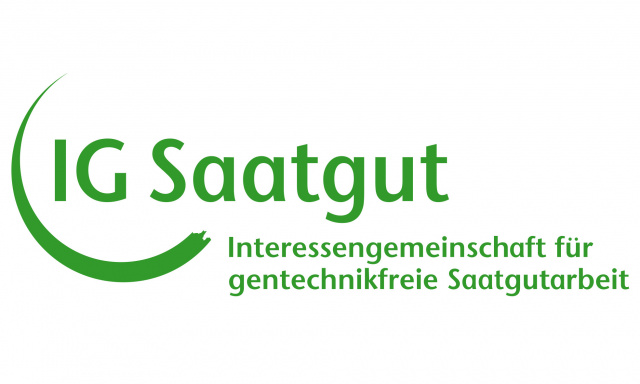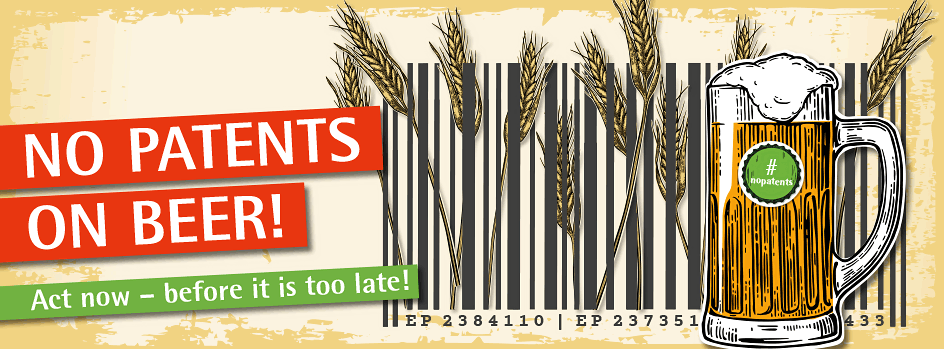
You can find current information in our publications and under News.
______________________________________________________________________________________________________
The purpose of the patent system is to foster technical innovation by allowing inventors to recoup the cost of their research and development work through the application of intellectual property rights. Patents were originally developed for chemicals and mechanical products. Products or processes can be patentable if they fulfil criteria such as
a) novelty,
b) inventiveness and
c) industrial applicability.
If patents are granted, the patent holder can prevent others from the reproduction, use, sale and distribution of the invention for 20 years. In recent decades, the patent system has been expanded from chemicals and mechanical products to human, animal and plant life. Since that, patents on plants and animals are at the centre of a broad public debate and legal controversy. The concept of treating plants and animals as inventions of industry goes against the ethical principles and fundamental values of European societies. European patent law actually explicitly prohibits patents on plant and animal varieties. Nevertheless, the European Patent Office (EPO) continues to grant thousands of patents in this area. The work of the coalition NO PATENTS ON SEEDS! focusses specifically on putting an end to the patenting of conventionally bred plants.
Plants and animals are becoming “inventions”
At present, in Europe, an increasing number of patent applications are being filed on plants and animals. Around 3500 patents on plants have already been granted (until 2018) – most of them covering genetic engineering. In the last 10 to 15 years, there has been a steady increase in the number of patent applications being filed for plants derived from conventional breeding i.e. not genetically engineered. Around 1500 such applications have been filed and around 200 patents have been granted. (See figure below on registered and granted patents on plants per year.)
There is growing discontent over the role and practices of the EPO, which regards the granting of patents as a business and a service for industry, but which disregards wider public interests. In parallel, there are increasing concerns about market concentration in the field of plant and animal breeding. Companies such as Bayer (Monsanto), DowDuPont and Syngenta are the ‘seed giants’ that are increasingly attempting to monopolise seed, harvest and food production, in particular, through the abuse of patent law.
Soaring concerns about the seed markets, agriculture and food production
Concerns about the patenting of plants and animals must be seen in the context of the growing concentration in food production and agriculture, globally and in Europe. Patents add to a picture of decreasing competition that benefits large companies, but is detrimental to small-scale, regional plant breeders and farmers - and ultimately to our food security. Furthermore, these patents are not restricted to seed production, they are also being granted on the harvest e.g. on kernels, fruit, vegetables and food production. For example, in 2016, patents were granted that cover conventionally bred barley, the process of brewing and the resulting beer.
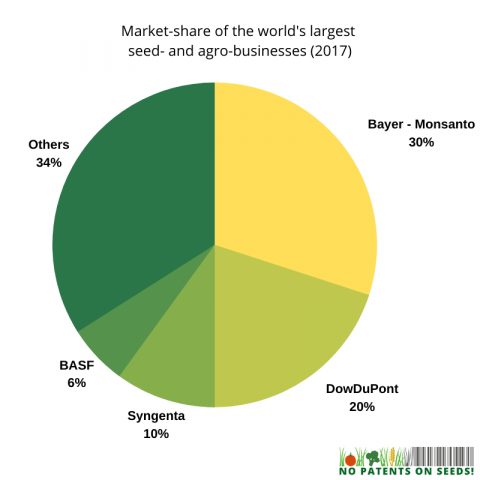 In 2018 Monsanto merged with the German company Bayer, which is also active in seed production. As a result, Bayer (Monsanto) controls around 30 percent of the international seed markets. The second largest seed giant, the US-based company DuPont, recently completed a merger with the US company, Dow AgroSciences to become DowDuPont, and now has a market share of around 20 percent. This means that just two companies, Bayer (Monsanto) and DowDuPont, will control more than half of the global seed markets. The third largest company in this sector is the Swiss company Syngenta, which was bought up by ChemChina, and controls a further approximately 10 percent of the trade in seeds.
In 2018 Monsanto merged with the German company Bayer, which is also active in seed production. As a result, Bayer (Monsanto) controls around 30 percent of the international seed markets. The second largest seed giant, the US-based company DuPont, recently completed a merger with the US company, Dow AgroSciences to become DowDuPont, and now has a market share of around 20 percent. This means that just two companies, Bayer (Monsanto) and DowDuPont, will control more than half of the global seed markets. The third largest company in this sector is the Swiss company Syngenta, which was bought up by ChemChina, and controls a further approximately 10 percent of the trade in seeds.
Consequently, a very small number of large companies is becoming extremely powerful in regard to our daily food supply; with ever growing power to determine which plants will be bred, grown and harvested in future, and how much seed and food production will cost. The power of the seed giants will increase even more in the near future if they continue to be permitted to receive patents on conventional seeds. Already in 2009, a research report from the University of Wageningen stated:
For most crops only a few companies are controlling a large part of the world market. This makes a growing part of the global food supply dependent on a few companies. (…) Farmers and growers fear that their freedom of choice is threatened and that no varieties will be developed for certain crops that specifically meet their requirements (…).
(Louwaars N., Dons H., Overwalle G., Raven H., Arundel A., Eaton D., Nelis, A., 2009, Breeding Business, the future of plant breeding in the light of developments in patent rights and plant breeder’s rights, University of Wageningen, CGN Report 2009-14 (EN) CGN Rap).
Consequences for agriculture
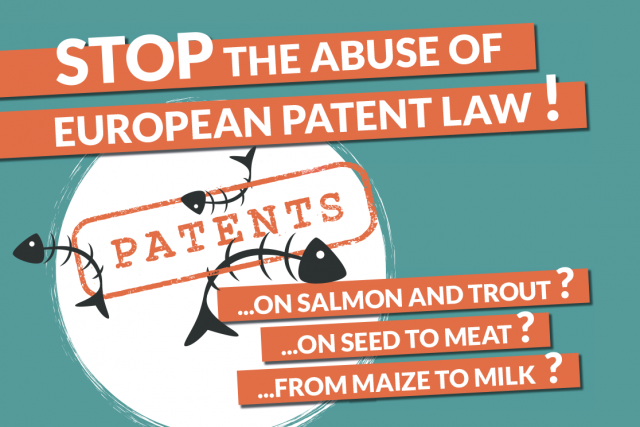 These developments also affect areas which have not been previously considered in this context. For example, the big breweries Carlsberg and Heineken were granted several patents on barley (EP2384110, EP2373154, EP2575433) used in the production of beer and other beverages. The patents cover barley derived from conventional breeding and cover the plants, the harvest, the process for brewing, malt and wort and all drinks produced with the patented barley. Many such patents don’t just cover the plant and the seeds, but also the harvest like cereal grains, fruits and vegetables and food thereof. In 2018 the EPO granted a patent on salmon and trout which were fed with a certain plant (EP1965658). The feed, the keeping and the feeding of the animals as well as the fishes themselves and the fish oil made off the animals were patented. The fishes are expected to be fed with conventionally bred and genetically modified plants.
These developments also affect areas which have not been previously considered in this context. For example, the big breweries Carlsberg and Heineken were granted several patents on barley (EP2384110, EP2373154, EP2575433) used in the production of beer and other beverages. The patents cover barley derived from conventional breeding and cover the plants, the harvest, the process for brewing, malt and wort and all drinks produced with the patented barley. Many such patents don’t just cover the plant and the seeds, but also the harvest like cereal grains, fruits and vegetables and food thereof. In 2018 the EPO granted a patent on salmon and trout which were fed with a certain plant (EP1965658). The feed, the keeping and the feeding of the animals as well as the fishes themselves and the fish oil made off the animals were patented. The fishes are expected to be fed with conventionally bred and genetically modified plants.
If the current trend is not halted, big companies such as Bayer (Monsanto), DowDuPont, Syngenta and others will be increasingly in a position to decide what is grown and harvested and served as food in Europe and other regions. The consequences of only a few companies being able to determine which patented ‘super seeds’ are grown in the fields will lead to a decline in agro-biodiversity. This makes it a huge risk for global food security and regional food sovereignty.
Consequences for breeders and innovation
As patent holders gain an exclusive right to a specific plant or animal trait, patents on plants and animals can substantially restrict or hamper access to the genetic resources needed in plant breeding, thereby hindering the process of innovation in breeding. They do this both directly, by effectively privatising a specific plant trait that others may often no longer use in their own breeding programmes (or only after payment of a licence fee to the patent holder), and indirectly, by creating significant legal uncertainty for plant breeders about what plant material they may and may not use in their own work because the scope of patents is very often not clearly defined. This legal uncertainty affects smaller plant breeders most, and they are the ones who will also have to bear substantial costs for examining the scope and impact of patents that have been granted. Such patents have nothing to do with the traditional understanding of patent law, or with giving fair rewards and incentives for innovation and inventions. Very often, based largely on trivial technical features, such patents actually abuse patent law, using it as a tool for the misappropriation of biological resources needed for our daily food production.
Consequences for biodiversity and climate change
Today (agro-)biodiversity is intensively restricted due to the small amount of available genetic resources for breeding and due to huge monocultures. However, large genetic diversity is important for breeding in order to provide a bigger gene pool which could hold the needed traits. In regard to climate change these traits could be drought resistance or germination capacity (see patent on soy beans and salad). It is our food security that is being jeopardized.
You can find current information in our publications and under News.

